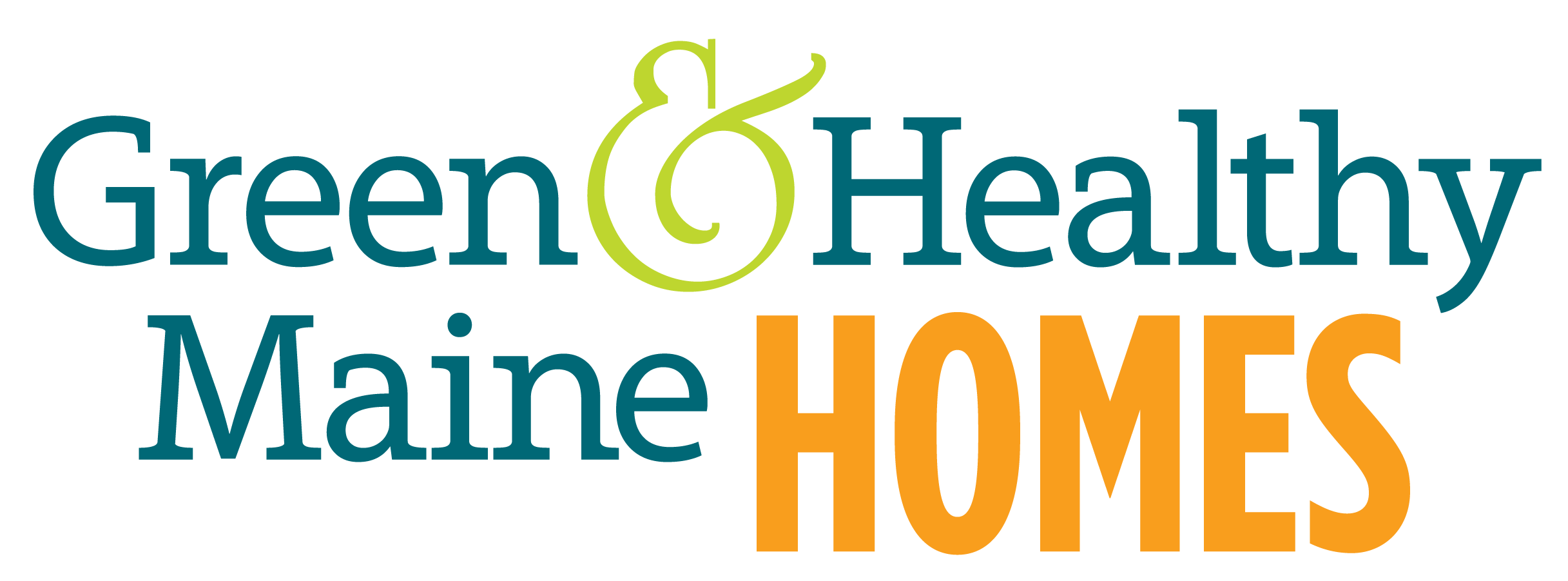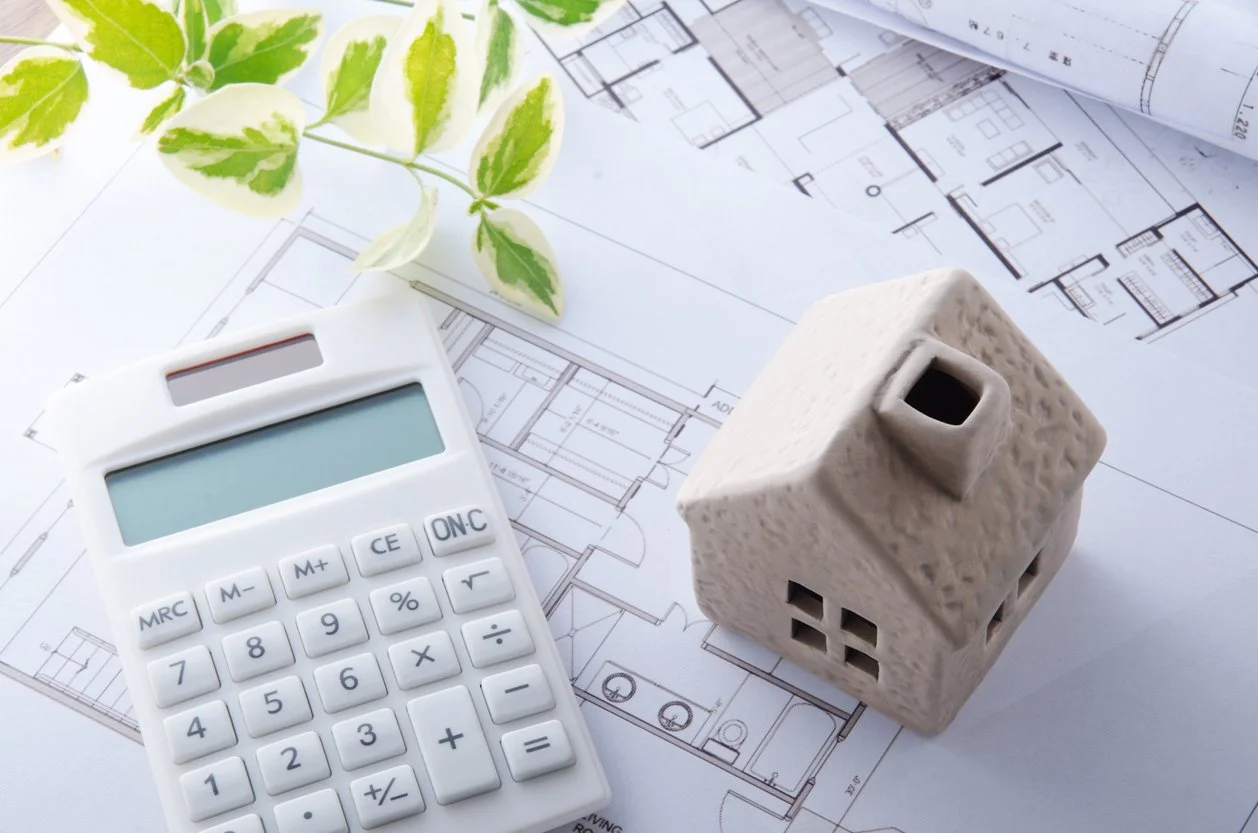What is the Inflation Reduction Act, and what does it mean for my home?
Inflation Reduction Act brings new tax credits and rebates to incentivize energy efficiency
THE INFLATION REDUCTION ACT (IRA) is federal legislation that was enacted in August 2022 to incentivize energy efficiency and the use of efficient electric appliances and vehicles. To do this, it expanded federal tax credits and established funds for rebates. The tax credit portion of the law went into effect January 1, 2023. The rebate portion of the law is expected to roll out in late 2023 or early 2024. It will include 50–100% rebates of electrification project costs for low to moderate income households, and the discounts will be offered at the point-of-sale. Applicable projects will include qualifying heat pumps, heat pump hot water heaters, induction stoves, heat pump clothes dryers, breaker boxes and electrical wiring, insulation, air sealing and ventilation In Maine, the rebates will be administered by Efficiency Maine.
Here is a summary of currently available federal tax credits:
| Heat pumps | 30% up to $2,000/year |
| Heat pump water heaters | 30% up to $2,000/year |
| Insulation and air sealing | 30% up to $1,200/year |
| 200+ amp circuit panels | 30% up to $600/year |
| Energy audits | 30% up to $150/year |
| Wood / pellet stove / boilers | 30% up to $2,000/year |
| Geothermal | 30% no cap |
| Electric vehicle tax credits (EVs) | up to $7,500 for new vehicles and up to $4,000 for used vehicles (restrictions apply). |
| EV charging equipment | 30% up to distinct caps for residential vs. commercial |
Notes: A taxpayer may not claim a credit of more than $2,000 for total expenditures on heat pumps, heat pump water heaters, and biomass stoves and boilers in any single year. For other upgrades (excluding geothermal and EVs) listed above, an aggregate annual tax credit cap of $1,200 applies. The credit covers purchase and installation costs for heat pumps, heat pump water heaters and panel upgrades; it only covers purchase costs for other listed upgrades.
In addition to the federal tax credits noted above, Efficiency Maine offers rebates on some project costs.
| Heat pumps | $4,000 to $8,000 |
| Heat pump water heaters | up to $1,050* |
| Insulation | up to $8,000 |
| Electric vehicles (EVs) | $2,000 to $7,500 (for individuals) |
| Geothermal | up to $3,000 |
| Biomass boilers | up to $6,000 |
* Or no cost for qualifying low income Maine residents.
Restrictions apply and rebate amounts subject to change. For up-to-date eligibility requirements, visit: efficiencymaine.com/at-home.
Learn more:
Inflation Reduction Act FAQs
Can I combine the tax credits with Efficiency Maine’s current energy efficiency rebates?
Yes
Who qualifies for the tax credits?
Anyone with adequate tax liability to offset can qualify. The improvements must be made to your main home, located in the US, and it must be an existing home and not a new home.
If my tax liability is less than the credit, can I apply the excess credit to a future tax year?
No. You can’t apply any excess credit to future tax years. The credit is nonrefundable, so you also can’t get back more on the credit than you owe in taxes.
Do any of the tax credits or rebates apply to renters?
Yes, renters may qualify for rebates for portable appliances like window-unit heat pumps and induction cooktops, and tax credits for qualifying portable, window-unit heat pumps (requirements for the latter expected by 2024).
Is there a maximum credit I can claim each year?
Yes, the annual aggregate maximum for heat pumps and heat pump water heaters is $2,000. The annual aggregate maximum for insulation, doors, windows, electrical panel upgrades and energy audits is $1,200. These limits reset every year. So, if you spread out your upgrades, you can take advantage of the credit for multiple years. You can claim the credit for improvements made through 2032, and there is no lifetime limit.
Do all heat pumps, electric appliances and electric vehicles qualify?
No. Products must meet stated efficiency standards, and in the case of electric vehicles, the amount of the credit corresponds to income level, where the vehicle was assembled and battery components and/or critical mineral sourcing. Learn more here: fueleconomy.gov/feg/tax2023.shtml
This article appeared in the Fall 2023 edition of Green & Healthy Maine HOMES. Subscribe today!
Find Maine experts that specialize in healthy, efficient homes in the Green Homes Business Directory.



